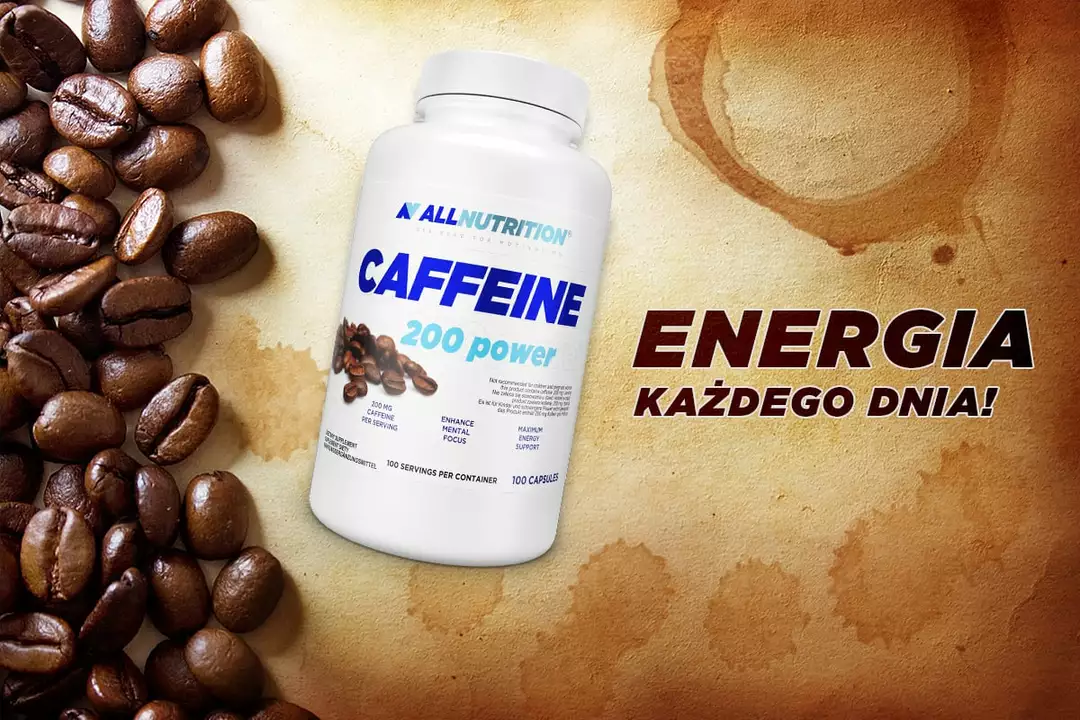Caffeine: What It Is, How It Works, and How to Use It Safely
Most of us reach for a coffee, tea, or soda when we need a boost. That quick pick‑me‑up comes from caffeine, a natural stimulant found in many plants. It tricks your brain into feeling more awake by blocking a chemical called adenosine that normally tells you to slow down.
Because it’s so common, caffeine can be a friend or a foe depending on how you handle it. Below we break down the basics, give you clear dosage pointers, and point out the red flags you should watch for.
Where caffeine comes from and why people love it
Caffeine lives in coffee beans, tea leaves, cacao pods, kola nuts and even some herbs like guarana. When you brew a cup of coffee or steep tea, you extract the caffeine along with flavor compounds that make each drink unique.
People love caffeine for three main reasons: it sharpens focus, lifts mood, and can improve short‑term physical performance. A quick study showed that a moderate dose (about 200 mg) helped workers finish tasks faster without feeling jittery.
How much is safe and what to watch out for
The general rule is not to exceed 400 mg per day for most healthy adults. That’s roughly four 8‑oz cups of brewed coffee, ten cans of cola, or two energy drinks. If you’re sensitive to stimulants, start with half that amount and see how you feel.
Side effects appear when you go over the limit or take caffeine late in the day. Common complaints are rapid heartbeat, stomach upset, anxiety, and trouble sleeping. For some people, even 100 mg can cause shakiness, so listen to your body.
Caffeine also talks to a few medications. It can make certain antibiotics less effective, boost blood‑pressure meds, and interact with thyroid drugs. If you’re on prescription medication, ask a pharmacist how caffeine might affect you.
Practical tips for smarter caffeine use
- Track your intake: write down each coffee, tea or soda you drink to stay under the safe limit.
- Avoid caffeine after 3 PM if you have trouble sleeping. The stimulant stays in your system for about six hours.
- Choose lower‑caffeine options like green tea (30–50 mg) when you need a milder lift.
- If you’re pregnant, keep caffeine under 200 mg per day to protect the baby.
- Stay hydrated. Caffeine can act as a mild diuretic, so drink water alongside your coffee.
In short, caffeine is fine for most people when used responsibly. Stick to moderate amounts, watch for how your body reacts, and you’ll enjoy the energy boost without the crash.

The Effects of Caffeine on an Upset Stomach: What to Know
I recently explored the effects of caffeine on an upset stomach and discovered some interesting facts. It turns out that caffeine can actually irritate the stomach lining, potentially worsening any existing discomfort. Additionally, it can stimulate acid production, which might lead to acid reflux or heartburn. On the other hand, some people find that caffeine helps with digestion and alleviates their symptoms. So, it's important to pay attention to how your own body reacts and make choices accordingly.
Read More